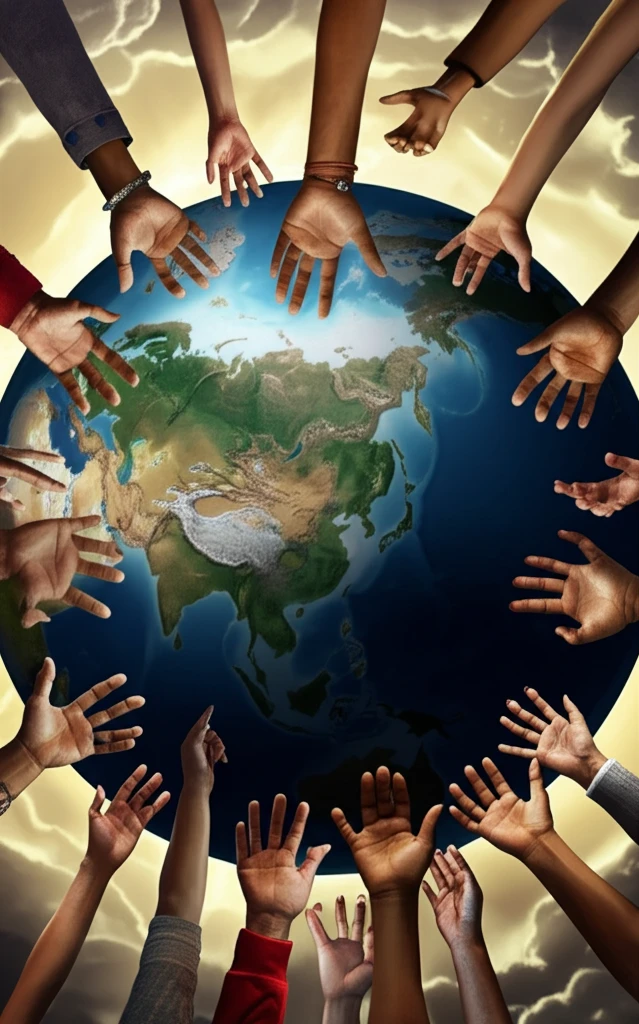
Beyond Borders: Reimagining Citizenship for a Just Society
"Exploring cultural citizenship as a pathway to social justice and inclusivity in a rapidly changing world."
Citizenship, traditionally defined by legal status and national boundaries, is being challenged in today's increasingly interconnected world. The conventional models of citizenship often fail to address the experiences of marginalized groups and can perpetuate social inequalities. This article explores an alternative approach known as cultural citizenship, which emphasizes the importance of cultural practices, social identities, and collective action in claiming rights and belonging.
Cultural citizenship offers a framework for understanding how individuals and communities negotiate their place in society, particularly when facing exclusion or discrimination. It recognizes that citizenship is not simply a matter of legal recognition but also a lived experience shaped by historical, social, and economic forces. By examining these forces, we can begin to deconstruct the dominant narratives of citizenship and create space for more inclusive and just alternatives.
This article will delve into the concept of cultural citizenship, tracing its origins, defining its key components, and illustrating its application through real-world examples. We will also explore the implications of cultural citizenship for social psychology, highlighting its potential to inform research and action aimed at promoting social justice.
What is Cultural Citizenship?

Cultural citizenship is a process through which groups come to identify themselves, forge a community, and claim space, membership, and social rights in society. It moves beyond definitions of citizenship as rights based on and determined by the state and emphasizes the importance of cultural practices and vernacular meanings of citizenship as defined by people. It doesn't require state legitimation to practice it; rather, it is the claiming of space and rights, often done through self-definition, via political action and everyday social and cultural practices.
- Membership: Creating community for group members, characterized by the struggle for inclusion, enfranchisement, and belonging.
- Sense of Belonging: Forging community, involving emotional connections to a social group, as well a sense of community.
- Claiming Public Space: Demanding recognition and rights. Examples include public parks, recreation areas, neighborhoods, community centers, and streets.
- Claiming Rights: Struggles for rights are associated with broader struggles for social justice, equality and enfranchisement, and more specifically the right to be treated as human
Why This Matters
Cultural citizenship provides a critical lens for social psychology to examine power dynamics, social action, and the construction of citizenship. By recognizing the cultural practices and lived experiences of marginalized groups, we can develop more effective strategies for promoting social justice and creating a more inclusive society. It's a starting point for action, but it is not sufficient for action; rather, it facilitates collective action through cultural expression and representation that is counter-hegemonic, critical, and relational.
